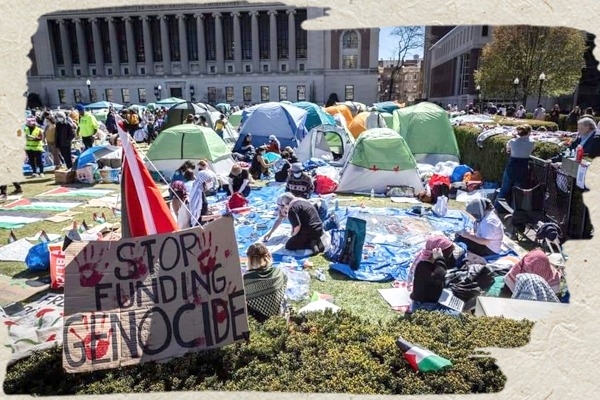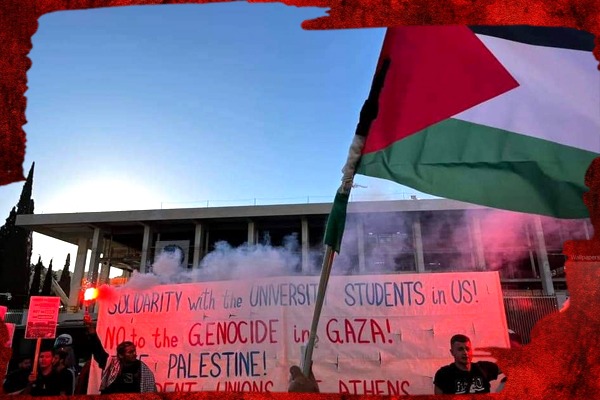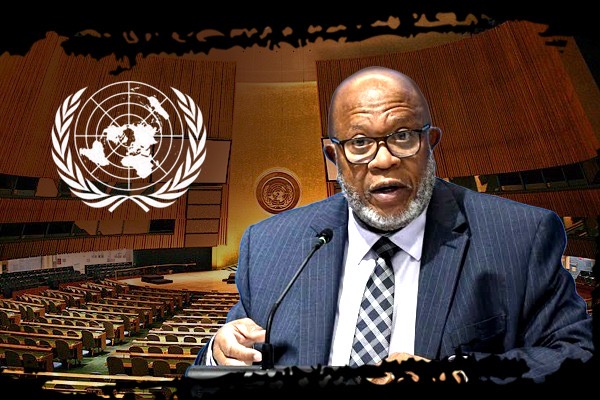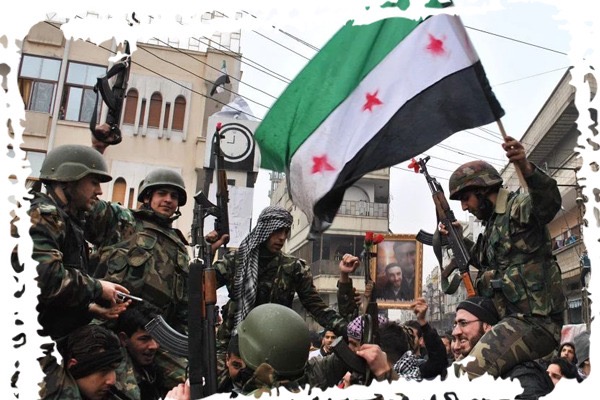After storming the campuses of the United States, the pro-Palestnian student movement is gradually spreading across Europe. As the US universities are warning the protesting students with possible suspension from their study programs and removing encampments with the help of police and military, their spirits are travelling to the other side of the Atlantic ocean.
Pro-Palestinian student encampments are springing up fast in the prominent university campuses of Netherlands, Spain, and Germany. The UK had been showcasing a very well-organized movement since the beginning of the war by bringing large masses of protesters to the streets of London. However, the UK universities hardly faced any serious agitation from their student bodies until recently, partly also because of some UK universities already following ethical investment policies. Trinity College Dublin, Ireland, has signed an agreement on Wednesday promising divestment from Israeli corporations operating in the Palestinian territory.

Pro-Palestnian voices are also intensifying in the South-East Asian countries like Indonesia, Malaysia, and Singapore. While Indonesia and Malaysia are Muslim-majority countries, Singapore has only 16% Muslims. Malaysia’s Prime Minister Anwar Ibrahim has always been quite vocal on the Israel-Palestine issue which also combines well with his anti-American stance. In contrast to many of the Western countries’ refusal to recognise the statehood of Palestine, Malaysia refuses to recognise Israel’s statehood.
Indonesia, on the other hand, has been relatively modest in its protest against Israel’s atrocities. The government led by Joko Widodo has condemned Israel’s attack on Rafah but unlike Malaysia, Indonesia seems to see possibilities for peace in the two-state solution, as has also come out in the recent interview of the president-elect Prabowo Subianto with the Economist. Indonesia’s reaction to the war in Gaza looks like an attempt to balance between the country’s clientele in Israeli tech and weaponry on the external front and the pressure from the Islamist hardliners on the domestic front.
Singapore has some security ties with Israel and has banned pro-Palestinian protests in the fear of spiralling religious tensions, but it also recognises the citizens’ sympathy towards Gaza and has condemned Israel’s actions, voiced support for a ceasefire and a two-state solution and sent aid for the Palestinian war-victims.
An important thing to notice in this relation is that while pro-Palestinian movements in the West have largely been out of humanitarian concern for the people in Gaza and occupied Palestine, the reactions in few parts of South-East Asia are motivated, to a large extent, by Muslim brotherhood. This is not a surprise given how the Muslims have become the global ‘other’ in the current century and also the role religion plays in the South-East Asian psyche. However, it is only in the interest of global peace and humanity and the Palestinian cause itself, that the pro-Palestinian voice stays distinct from the pro-Islamic voices.





